- +44 7949 393386
- [email protected]
- Coventry University, CV1 5FB

Respiratory and Environmental Epidemiologist, Coventry University/McMaster University, UK

Respiratory and Environmental Epidemiologist, Coventry University/McMaster University, UK

Professor of Environmental Health Sciences, at the School of Public Health, at the University of California, Berkeley

Professor of Environmental Health Sciences, at the School of Public Health, at the University of California, Berkeley

Dean and Vice President of the faculty of Health Sciences, McMaster University, Canada

Dean and Vice President of the faculty of Health Sciences, McMaster University, Canada
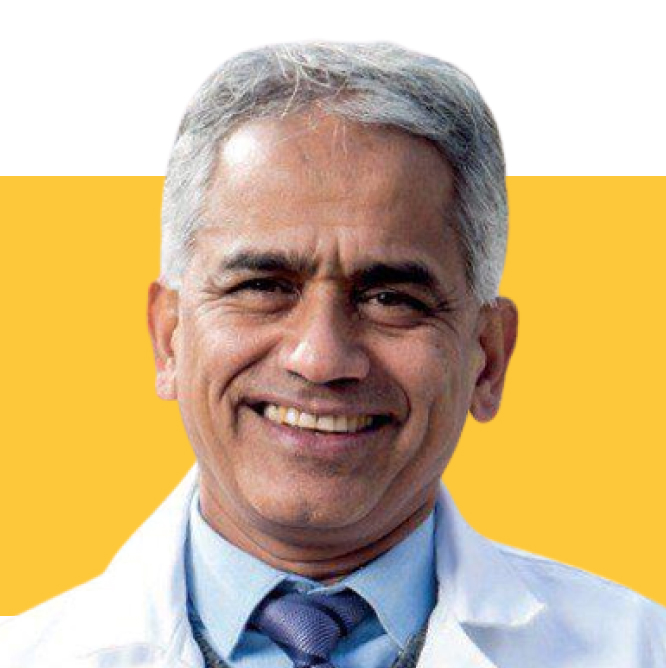
Chairperson, Kathmandu Institute of Child Health, Nepal

Professor of Respiratory Medicine, University of Nottingham, UK

Associate Professor in Paediatrics, UCMS, Nepal

Professor of Reproductive Health, Bournemouth University, UK

The University of Oxford and Southern Health NHS Foundation Trust, UK
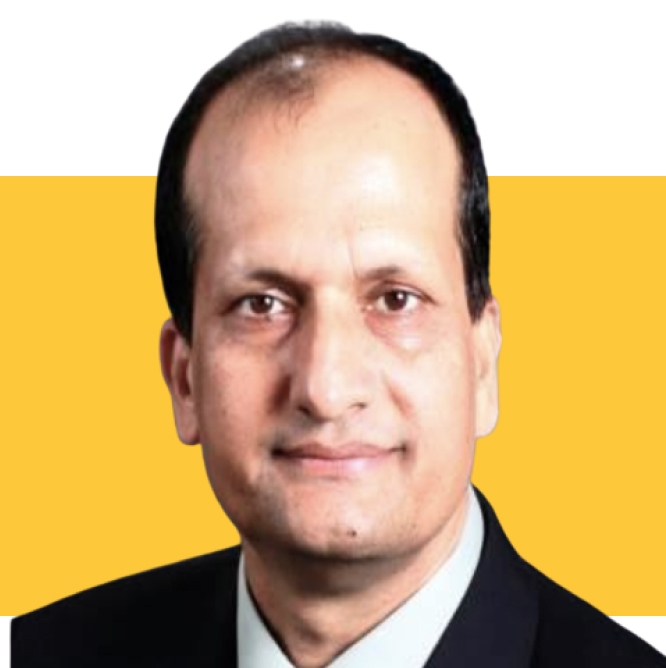
Associate Professor, University of California San Francisco, USA
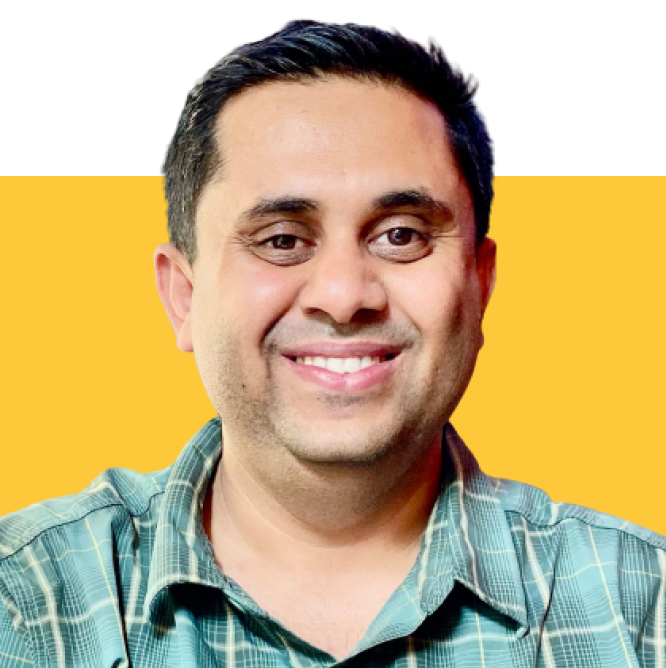
Director and Group Leader, AstraZeneca, USA
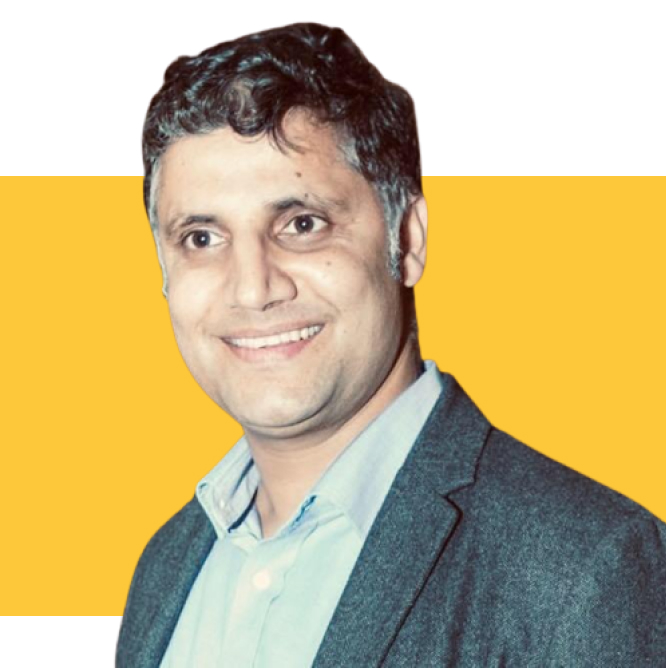
Chairperson, NIRI Nepal, USA
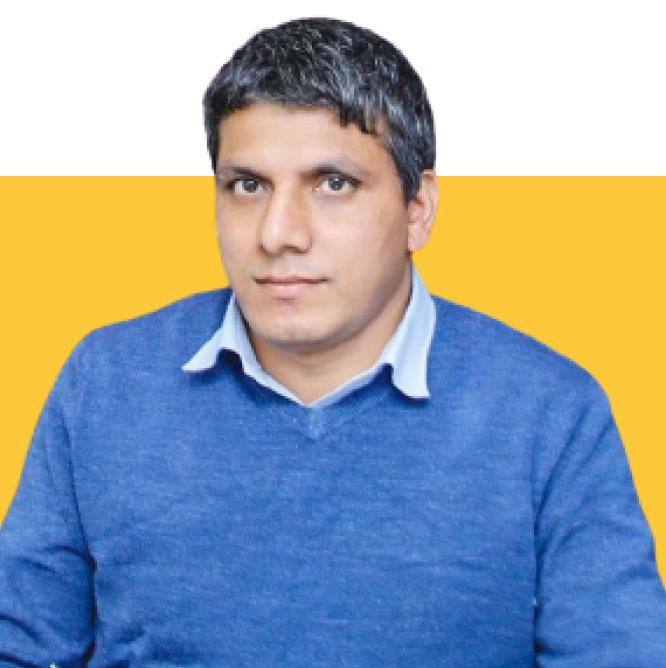
Director, Decode Genomics and Research Centre, Nepal
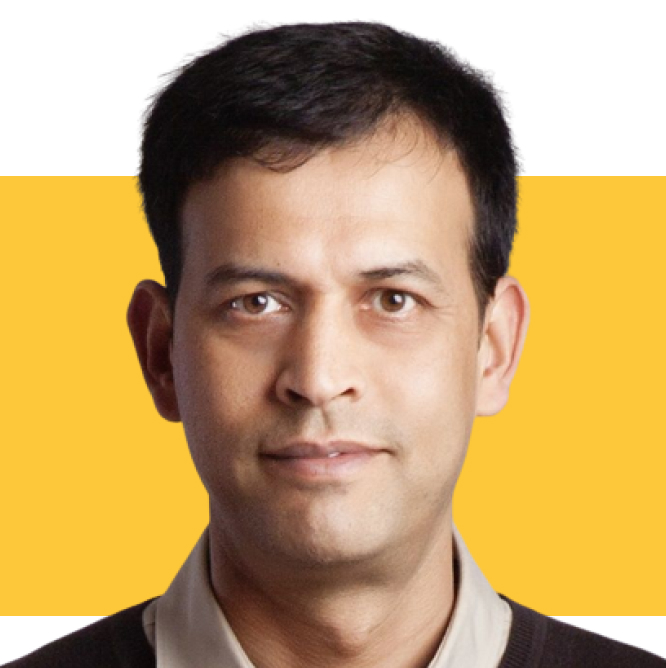
Research Fellow, University of the West of England, UK

Senior Lecturer, Bournemouth University, UK

Associate Dean International Professor of Global Health University of Huddersfield, UK

Associate Dean International Professor of Global Health University of Huddersfield, UK

Senior Lecturer, University of Huddersfield, UK

Senior Lecturer, University of Huddersfield, UK

Professor of Statistics, Director, Center for Biostatistics, Southern University of Science and Technology, China

Professor of Statistics, Director, Center for Biostatistics, Southern University of Science and Technology, China
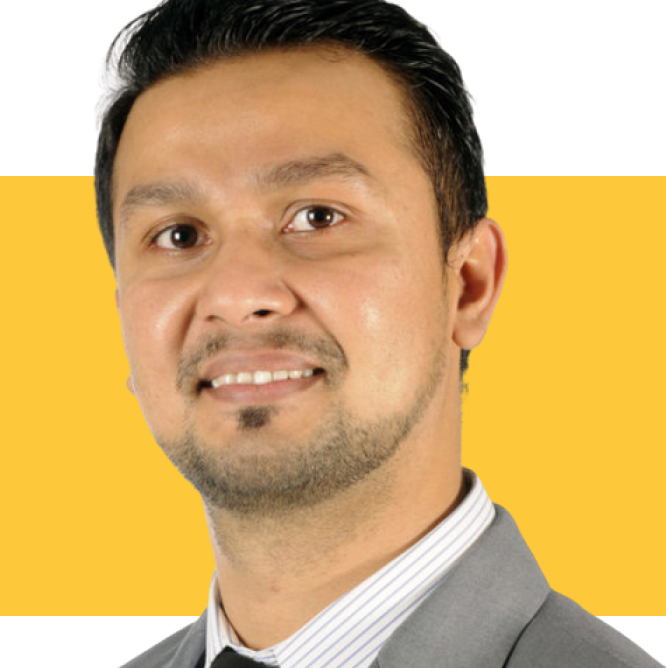
Biostatistician, Inari Medical, USA

Office Manager, Board Member, NIRI Nepal, Nepal
Coventry University, Richard Crossman Building
Priory Street, CV1 5FB, Coventry
Office: +44 7949 393386
[email protected]
08 am – 06 pm Sunday closed